EU Enlargement Package
- The European Commission approved the 2023 Enlargement Package, marking a historic moment for the European Union. It covers 10 aspiring members for accession, including Ukraine, Georgia, and Moldova. (European Policy Center)
- The recommendation by the Commission offered “a rare moment of joy” to Ukraine. Ukrainian deputy prime minister Olga Setanishyna said that the Commission’s recommendation “returned the faith” of the inspiration Ukraine has given Europe. However, the recommendation still faces challenges, particularly from countries such as Hungary, which has threatened to block negotiations on Ukraine’s accession if a language law that Budapest says affects the Hungarian minority in Ukraine remains in effect. (Politico; see also Euractiv)
Charles Michel Trip to Kyiv
- European Council President Charles Michel will travel to Kyiv to commemorate the Maidan protests next week. The trip comes ahead of the upcoming European Council summit, where EU leaders are set to discuss the Commission’s recommendation of formal accession negotiations with Ukraine. (Politico)
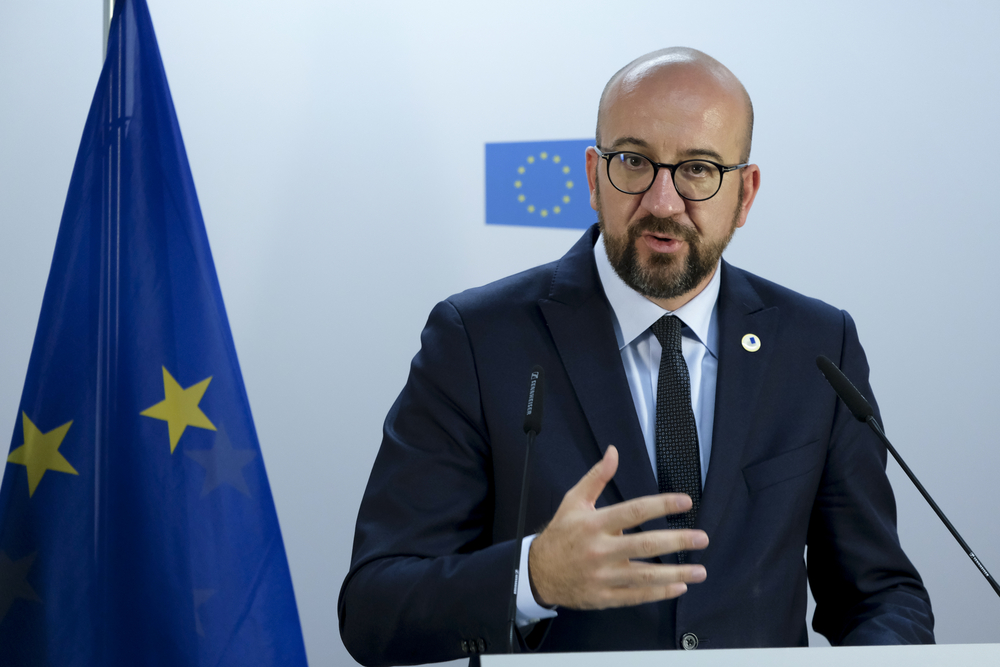
Military Assistance for Ukraine
- The EU has failed to keep up with its timeline to deliver ammunition to Ukraine. Latvian President Edgars Rinkevics said that it’s time for the EU to look abroad to deliver support to Ukraine. The original timeline had the EU pledging to deliver 1 million rounds of ammunition to Kyiv by March, but it so far has only provided 300,000 rounds. (Politico; see also Politico, Reuters)
- The million shell target was decided by leaders in October, but the policy faced division among EU defense ministers, who expressed concern over the aims of the target. (Politico)
- German lawmakers are set to debate doubling military aid for Ukraine to €8 billion. Ukraine hopes that this aid will go towards air defence. (Politico)
- An F-16 combat plane training center opened in Romania to teach Ukrainian pilots how to operate the planes. Kyiv has long asked for fighter jets to make progress against Russia, and Denmark, the Netherlands, Norway, and Belgium have announced that they will all send U.S.-made F-16s to Kyiv. (Politico)
- The Dutch government allocated €2 billion to support Ukraine next year, most of which will go to military support for the country. (Brussels Times)
Sanctions on Russia
- The European Commission proposed a new sanctions package targeting the Kremlin to member states, particularly targeting Russia’s diamond industry. The Commission said that “the proposals for listings include actors from the Russian military, defence, and IT sectors, as well as other important economic operations.” (AP News; see also EU Observer)
- The new sanctions package will focus on the Kremlin’s ability to circumvent EU sanctions and further prevent Russia from being able to finance its invasion of Ukraine. The sanctions package has been delayed, even though European Commission President Ursula von der Leyen announced it weeks ago. (Euractiv)
- Ukrainian President Volodymyr Zelenskyy sanctioned 37 Russian groups and 108 people, aiming to “[increase] the pressure of our state onto them” to hold each “responsible for what they have done.” He said that the package included “those involved in the abduction and deportation of Ukrainian children from the occupied territory” and people who “in various ways help Russian terror against Ukraine.” (Euractiv)
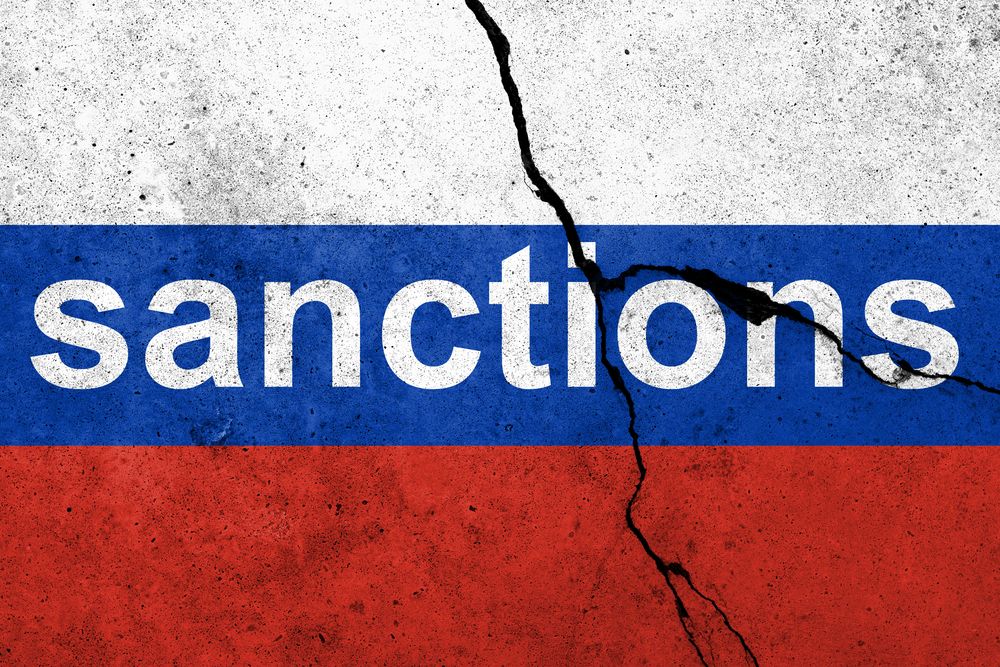
Hungary’s Tilt Towards Russia
- Hungary refused to sign off on new EU restrictions on Russia’s oil, gas, and nuclear power, gaining criticism from Ukraine. Ukrainian Deputy Energy Minister Farid Safarov said in response to Hungary’s decision that “Hungary is still an ally of Russia in terms of energy—whether it is because of their dependence or whether it is due to their political willing, I cannot analyse.” Hungary also drew criticism from elsewhere in the EU, including from the EU Energy Commissioner Kadri Simson, who said that by depending on Russia for energy, it “grant[s] Russia the right to manipulate their market.” (Politico)
- Russian gas export company Gazprom said that it would increase deliveries of natural gas to Hungary this winter. The agreement between Russia and Hungary signals another Hungarian tilt away from the rest of Europe, which is phasing out Russian energy imports. Simson critiqued this move as “I know one political leader in Europe who is shaking hands with this war criminal, but that’s it.” (Politico)
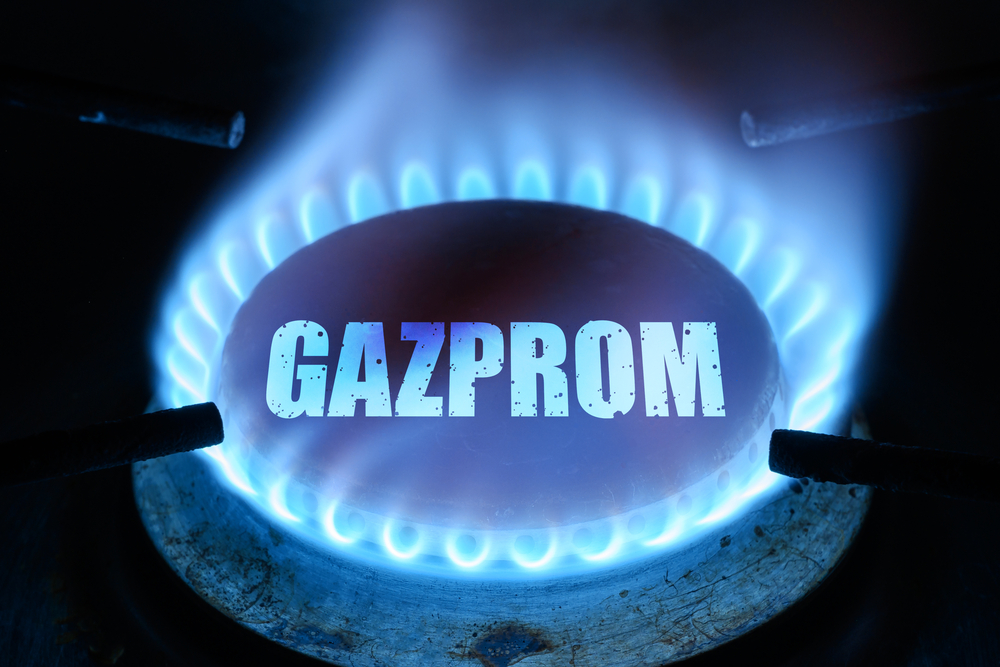
Russian Attacks on Ukraine
- Russia launched waves of drone attacks on Kyiv early on Sunday (19 November), marking the second night in a row of attacks on Kyiv after several weeks of pause. There were no initial reports of “critical damage” or casualties. (Reuters; Euractiv)
- Moscow’s forces intensified their air bombardments of the Ukrainian town Avdiivka. Officials said that Russian forces had suffered heavy losses around the city. (Euractiv)
- Zelenskyy told Ukrainians on Sunday (12 November) to prepare for Russian attacks on infrastructure as Ukraine prepares for the winter months. (Euractiv)
Progress for Ukraine
- Ukraine worked to push back Russian forces on the east bank of the Dnieper River after reports that Ukraine had secured multiple bridgeheads on the river. The progress for Ukraine remarks a “small but potentially significant strategic advance” during the war, which is still “largely at a standstill.” (AP News; see also AP News, AP News)
Kidnapped Ukrainian Children
- A study from the Yale School of Public Health revealed that more than 2,400 Ukrainian children between the ages of 5-17 have been taken to Belarus from four regions of Ukraine partially occupied by Russian forces. The study found that “Russia’s effort to identify, collect, transport, and reeducate Ukraine’s children has been facilitated by Belarus” and is “ultimately coordinated” by Russian President Vladimir Putin and Belarusian President Alexander Lukashenko. (AP News)
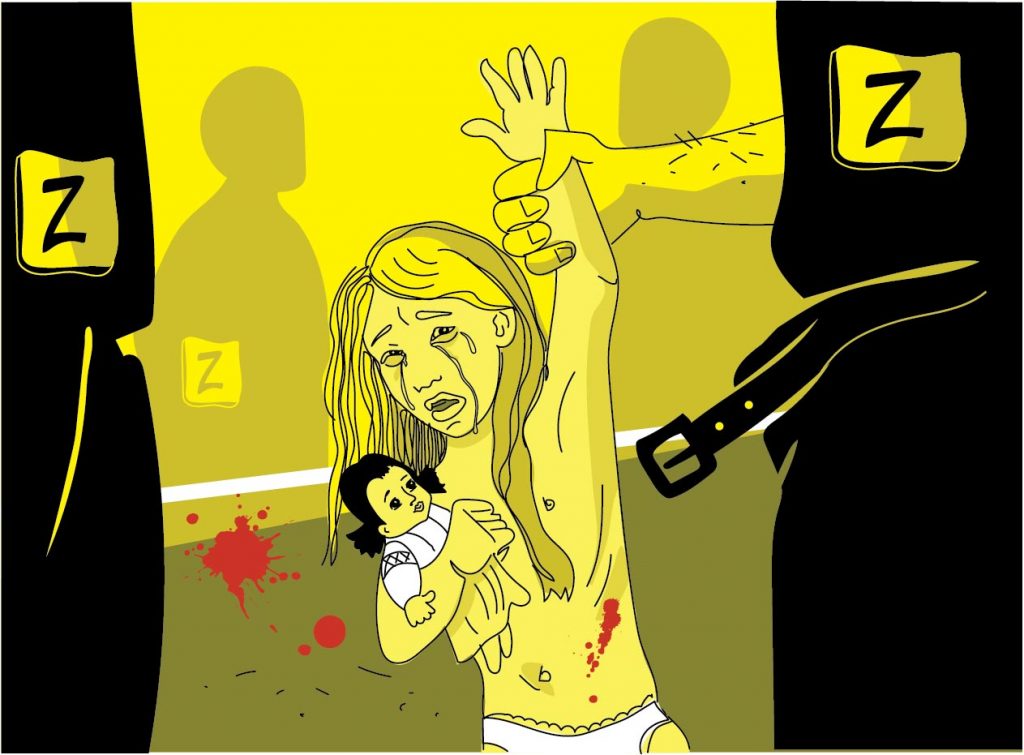
New British Foreign Minister David Cameron’s Trip to Ukraine
- After a surprise return to government, Britain’s new Foreign Minister David Cameron traveled to Ukraine, marking his first diplomatic trip. He pledged that the U.K. would continue providing support to Ukraine (AP News; see also Euractiv, Politico).
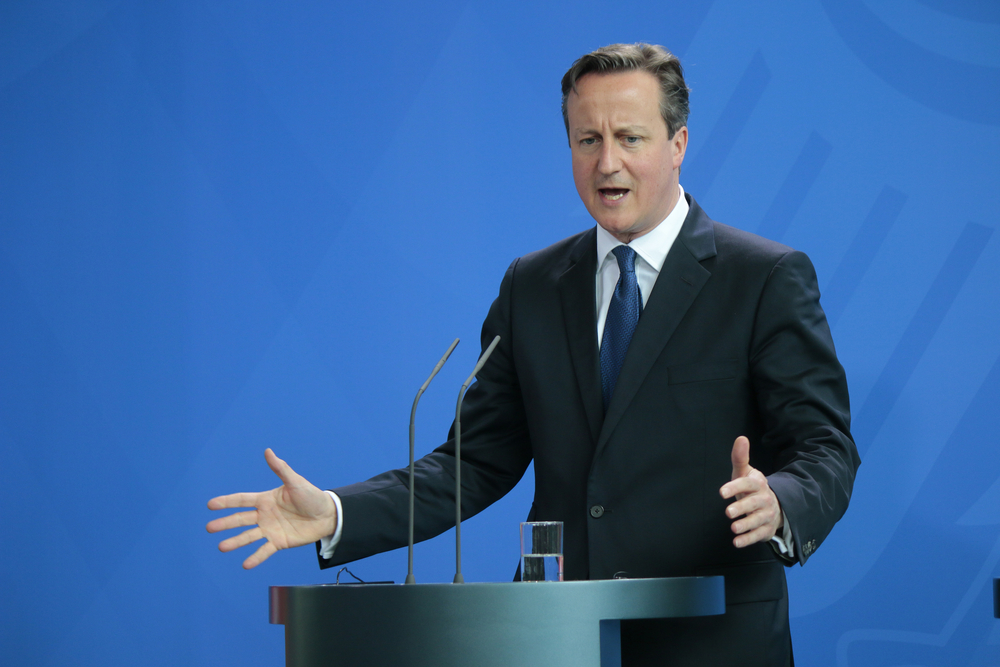
Russia Will Boost Defence Spending
- Russia’s State Duma approved its biggest federal budget, which is set to increase spending by 25% in 2024. Record amounts will go to defence, revealing that the budget “is about getting the war sorted in Ukraine and about being ready for a military confrontation with the West in perpetuity.” (AP News)
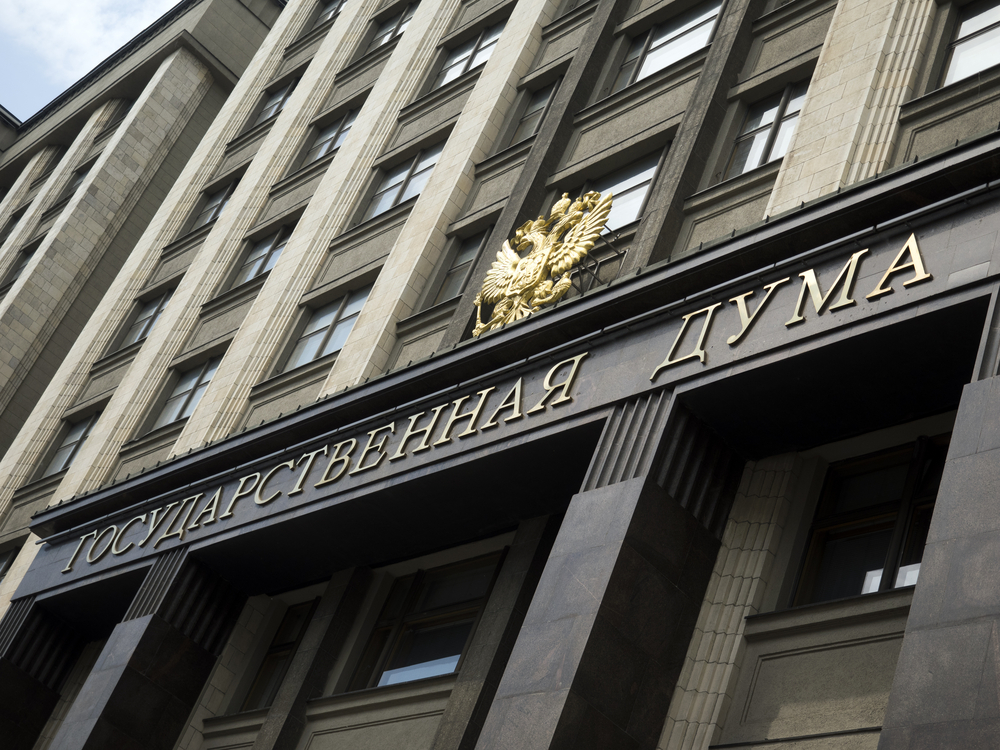
German Farmers Concerned Over EU’s Farming Subsidies Program
- The German Farmers’ Association expressed concerns over consequences for the agricultural sector after the European Commission’s recommendation to open formal accession talks with Ukraine. It said that Ukraine’s accession would “lead to the demise of family farming in Europe” and that the issue must “remain in the background of all political discussions.” (Euractiv)
Author: Sophie Adams-Smith, Media Analyst, Promote Ukraine






 UA
UA FR
FR DE
DE




